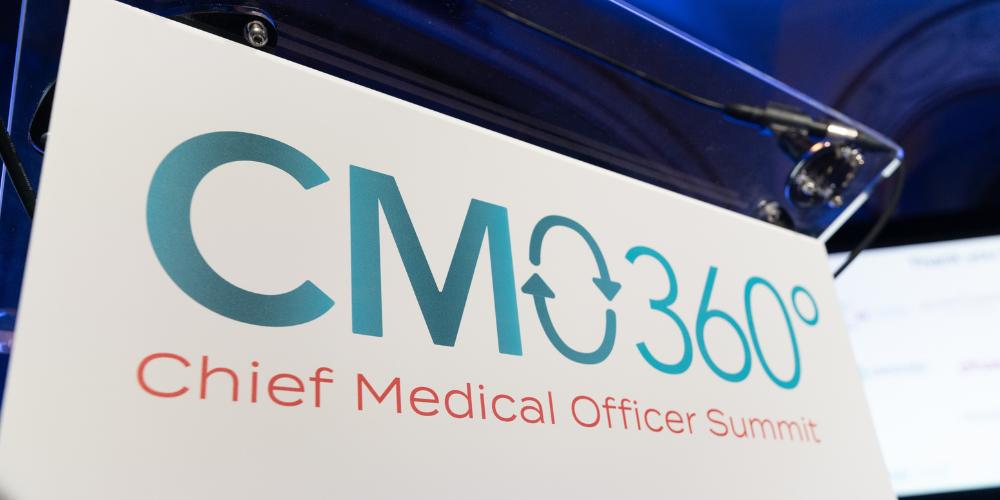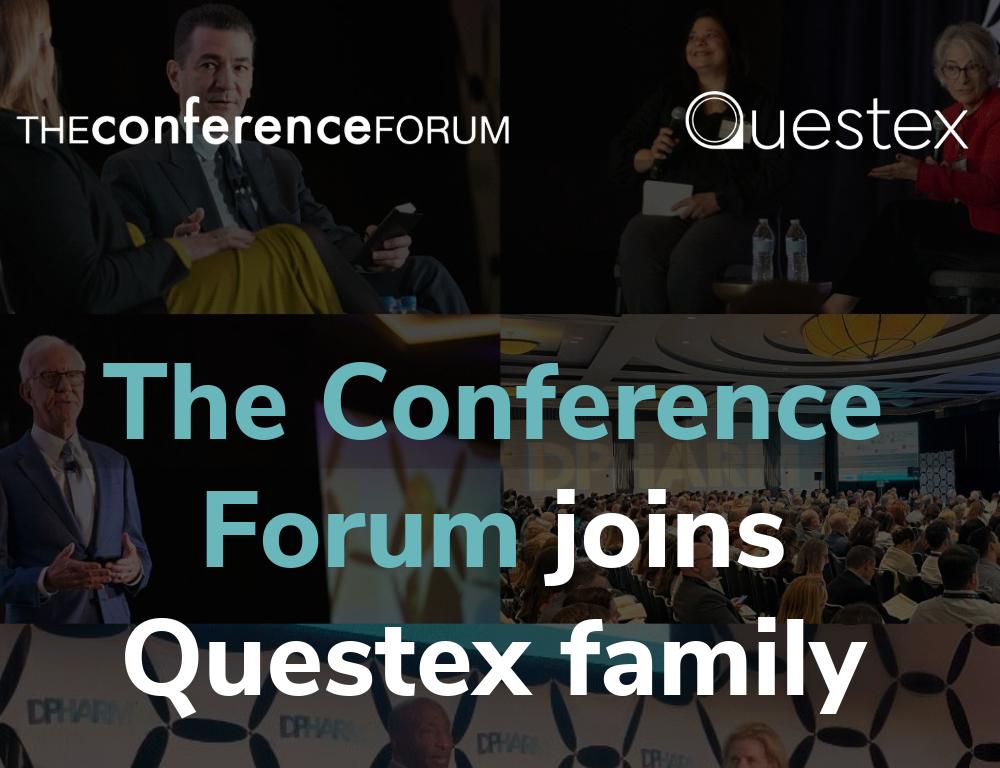
Johan Baeck, MD, is the Senior Vice President of Clinical Development and Medical Affairs at Jounce Therapeutics.
Can you speak about your history in biotech?
I have been in industry for about 30 years. Half of my career was in commercial before I moved into clinical development and medical affairs. That has helped me from a cross-functional perspective to better understand the needs and focus of other groups within the organization.
Also, I have worked in both large pharma and in small biotech. Jounce Therapeutics is my fourth biotech company. There are differences between functioning within a small biotech company when compared to a large company.
My oversight is in clinical development, medical affairs, biostatistics, programming and medical writing. I work very closely with other functions including clinical pharmacology, regulatory, pharmacovigilance, clinical operations, preclinical, translational biomarkers, research, program management, legal and finance. On a strategic level, the role of an SVP is to ensure functional groups work together successfully to bring new treatment options to the clinic in an effective and timely manner and within budgetary constraints.
In the day-to-day, I work with functional groups and program management on strategy to bring programs from pre-IND to IND and then to the clinic. At times, I also need to step in and do more hands-on activities. For example, if we are getting ready for a new program and looking for a Medical Director, I would be directly involved and potentially write up sections of the IND and protocol to get the study started.
How do you find talent that is the best fit for your team on an experiential, as well as on a cultural level?
First, we really think through what we need for a given position. Building a small company is like putting together a puzzle – the characteristics of each new piece are influenced by the pieces already on the board. Once we have our profile, we actively seek out potential candidates who may be interested. Often, we connect with people who are not looking for a new job, but after we describe our opportunity and the Company, they are willing to engage in the interview process to learn more.
From a culture standpoint, we are looking for people who will add to Jounce rather than people who fit where we are today. A healthy culture is constantly evolving to meet the demands of the current challenges. We are looking for people who will strengthen our values – such as teamwork and a passion for patients – while helping us advance our culture to help Jounce be successful going forward.
"If you are clear in laying out what the company stands for, your beliefs and what is important for individuals to be successful within the organization, you will be successful in bringing in the right individuals."
One general cultural trait that enables success at Jounce, and many smaller companies, is an interest in engaging people outside your function. People who have an interest in making a broader contribution to the business than their job description thrive in smaller companies because there are often many opportunities to make an impact in gaps that might exist between functions. Also, this trait fosters interactions among people that help accelerate drug development. For example, Medical Directors at Jounce give input into very early discovery programs that helps shape their development. Additionally, our Research Scientists are engaged in our clinical programs to help us understand the mechanisms of our drugs by exploring real-time patient data. This helps us modify our clinical trials and improve our likelihood of helping patients.
We are extremely transparent about the company and what we stand for during the interview process. I have been at Jounce for about two and a half years and all of the people I’ve hired say that they felt that Jounce was very transparent during the hiring process and there have been very few surprises. If you are clear in laying out what the company stands for, your beliefs and what is important for individuals to be successful within the organization, you will be successful in bringing in the right individuals. It also allows candidates to provide examples as to who they are, what they believe in, what is important to them and how they see their future. Transparency is very important.
We provide everybody interviewing for a given position an opportunity to speak to people in different functions within Jounce. I could be hiring a Medical Director and have them speak with other individuals from clinical operations, program management, regulatory, or even translational and research. By having them interview with many functions, they will get a better idea as to what the company stands for. It also allows them to better understand why those employees are happy, why they joined Jounce, why they stay, where they think the company is going and their thoughts on skill sets and character traits that allow for an individual to be successful and happy within Jounce. When you are interviewing a candidate, it is as much for us to ensure that we’re bringing in the right individual as it is for the individual to figure out if this is the right organization for them. The better the match, the more likely this individual will be successful in their job and stay with the company.
For certain functions like Medical Directors or people applying for roles in clinical development or medical affairs, we invite candidates to come in and give a presentation on whatever topic they feel comfortable with. We want them to talk about something they are passionate about and know well. The point is not for us to drill down on their knowledge base. It is an opportunity for us to see how they communicate and interact in a group. We want to see how they tell the story, as well as how empathic, educational and comfortable they are, both delivering their message and fielding questions. Someone in medical affairs or clinical will interact with physicians, pharmacists and KOLs so communication is very important. While pre-COVID we did this in person, we see the same benefit having this presentation virtually.
These days, it’s a highly competitive market. There are many more options and opportunities for jobs for certain functions than there are candidates. From that perspective, it is key for a small company to be as successful as possible in hiring the right individual and retaining them. It’s very costly to hire someone and for them to leave.
How has the pandemic and remote working affected this hiring process?
We have been successful in finding the right talent even during lockdown. I was surprised at how seamless and smooth the transition has been. I still think we are bringing on incredibly talented individuals who add to our company culture. This is because we apply the same parameters that I spoke about earlier. I also believe that whatever happens with COVID in the future, this new hybrid model of being partially in person and partially remote is here to stay. Many companies are starting to see that it allows them to be more effective because you can have more interactions per day than when you worked face-to-face.
Additionally, the ability to work remotely has expanded our candidate pool. We have always had flexibility regarding remote work, but now some candidates expect it and are looking at opportunities they might not have in the past because they did not want to relocate or have a long commute.
"A totally new skill set for everybody is the communication skill of talking into a void. If we were in the room together, it would be very easy to read body language which would support effective communication."
Are there any skills that are even more important when remote working?
A totally new skill set for everybody is the communication skill of talking into a void. If we were in the room together, it would be very easy to read body language which would support effective communication. On Zoom, everyone is on small screens and that disappears. When giving a presentation virtually, I can’t really look at my slides and the audience at the same time. In person, I would be able to present and look at the audience and feel whether the story I’m telling is coming over effectively, if they are following or whether they want more information. When presenting virtually, you don’t have the opportunity to tease that out so you have to be cognizant and look at the small screens to try to figure out if people are following. I have also noticed that I try to listen as much as possible to the tone of peoples’ voices. In meetings face to face, you pick up a lot of visual cues. Over Zoom, you’re picking up the tone of peoples’ voices, like whether they are bored or intrigued. That is a new skill set for everybody from entry-level workers to CEOs to work on.
One of the biggest challenges for us working from home is how to build teams of individuals who don’t know each other and have never met in person and suddenly have to work together using a new digital platform. When I was at Novartis, I sat in New Jersey and was in contact with people from other countries using conference calls. But it was still either one-on-one or only auditory. For a small company like ours, before COVID, most of the individuals we dealt with were people we saw regularly or met up with in person. For example, you have a lot of MSLs, which are more remote functions based around the country and the world. While the hiring and onboarding process was happening, they had the opportunity to build relationships because they would have come over to the company for a few weeks. Now, it is done remotely so we do not have that opportunity. This relationship needs to be built in a remote manner which is another skill set that suddenly comes into play. Individuals who are skilled at building relationships remotely strive in this hybrid model.
"Both with new hires and our employees, we ask about their medium- and long-term career paths. Hiring to see if someone fits the company and a specific job is a very short-term premise."
Anything else?
Promoting people from within is a strong tool in retaining and motivating talent. Both with new hires and our employees, we ask about their medium- and long-term career paths. When we have new functions and opportunities, we actively look for people within the company to figure out if they would be a good fit. Hiring to see if someone fits the company and a specific job is a very short-term premise. When we hire people, we want to know they have the talent, cultural attributes and skill set to grow within the company, either vertically, by getting increasing roles of responsibility within the same functional group, or horizontally, such as transitioning from being an MSL to working in clinical development, which leads to different opportunities and develops a different skill set. When we hire people, we want them to know that this is something we value. We want them to speak to people who have done this to show them that this is real. That’s another way to attract talent.
These days, it’s very easy for people to burn out. The more people feel valued and listened to and the more they feel they have a future and connection to the culture in the company, the happier they feel and the more likely they will stay.








